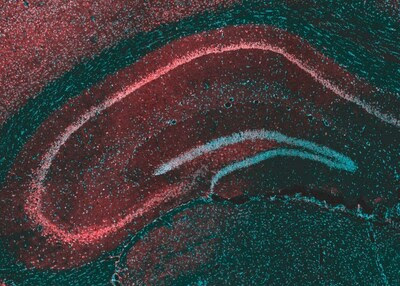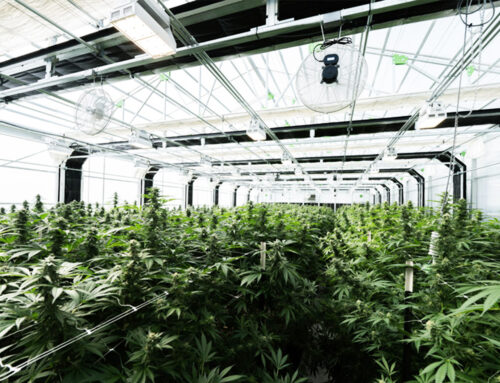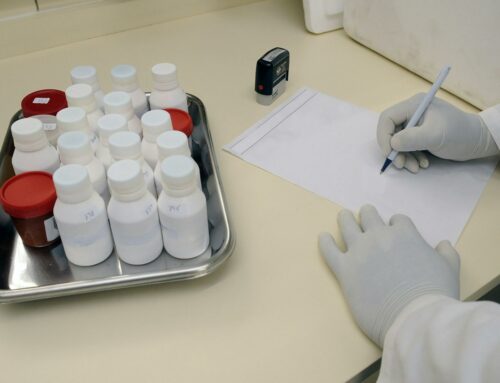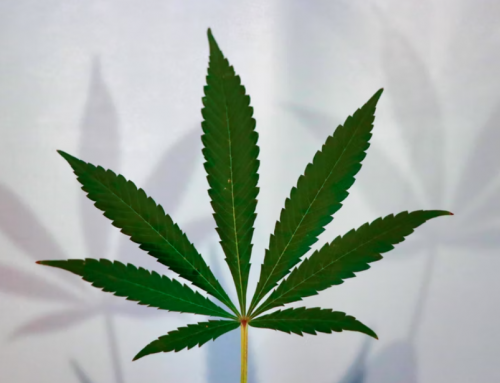Uncovering the Mechanisms: How CBD Offers Relief from Epileptic Seizures
NEW YORK. Researchers at NYU Grossman School of Medicine have discovered a new way that cannabidiol (CBD), a substance found in cannabis, reduces seizures in treatment-resistant forms of pediatric epilepsy. Their findings, published in Neuron on February 13, 2023, show that CBD blocks signals carried by a molecule called lysophosphatidylinositol (LPI), which is found in brain cells called neurons and is thought to amplify nerve signals. The researchers found that LPI can be hijacked by disease to promote seizures, and that CBD blocks the ability of LPI to amplify nerve signals in a brain region called the hippocampus.
The study results build on the way neurons communicate with each other. When a neuron “fires,” it sends an electrical pulse down an extension of itself until it reaches a synapse, the gap that connects it to the next cell in a neuronal pathway. When the pulse reaches the cell’s end before the synapse, it triggers the release of compounds called neurotransmitters that float across the gap to affect the next cell in line. Upon crossing, such signals either encourage the cell to fire (excitation), or apply the brakes on firing (inhibition). A balance between the two is essential to brain function, and too much excitation can lead to seizures.
The new study looked at several rodent models to explore the mechanisms behind seizures, often by measuring information-carrying electrical current flows with fine-tipped electrodes. Other experiments looked at the effect of LPI by genetically removing its main signaling partner or by measuring the release of LPI following seizures. The researchers found that LPI influences nerve signals by binding to a protein called G-coupled receptor 55 (GPR55) on neuron cell surfaces, causing the release of calcium ions within the cell, which encourages the cells to release glutamate, the main excitatory neurotransmitter. When LPI activates GPR55 on the other side of the synapse, it weakens inhibition by decreasing the supply and proper arrangement of necessary proteins, creating a dangerous mechanism to increase excitability.
The research team found that either genetically engineering mice to lack GPR55, or treating mice with plant-derived CBD prior to seizure-inducing stimuli, blocked LPI-mediated effects on both excitatory and inhibitory synaptic transmission. This confirms that CBD counters seizures by blocking a positive feedback loop in which seizures increase LPI-GPR55 signaling, which likely encourages more seizures, which in turn increases levels of both LPI and GPR55. The authors propose that CBD blocks this vicious cycle and provides one process that could explain repeated epileptic seizures, although future studies are needed to confirm this.
The authors also note that LPI is part of a signaling network that includes endocannabinoids like 2-Arachidonoylglycerol (2-AG) that occur naturally in human tissues. LPI and 2-AG target receptors that are also regulated by CBD, but have different actions at the synapse. While LPI amplifies incoming electrical signals, endocannabinoids like 2-AG respond to increases in brain activity by dialing down the release of neurotransmitters from nerve cells. The authors propose that the brain could control activity by toggling between pro-excitatory LPI and the restorative actions of 2-AG. Drug designers could inhibit the enzymes that enable LPI production or promote its conversion to 2-AG, as an additional approach to control seizures. LPI could also serve as a biomarker of seizures or a predictor of clinical responsiveness to CBD, providing an area for future research.
The authors of the study, including corresponding author Richard W. Tsien, Chair of the Department of Physiology and Neuroscience at NYU Langone Health
(This information is primarily sourced from Reportlinker. Highly Capitalized has neither approved nor disapproved the contents of this news release. Read our Disclaimer here).




































